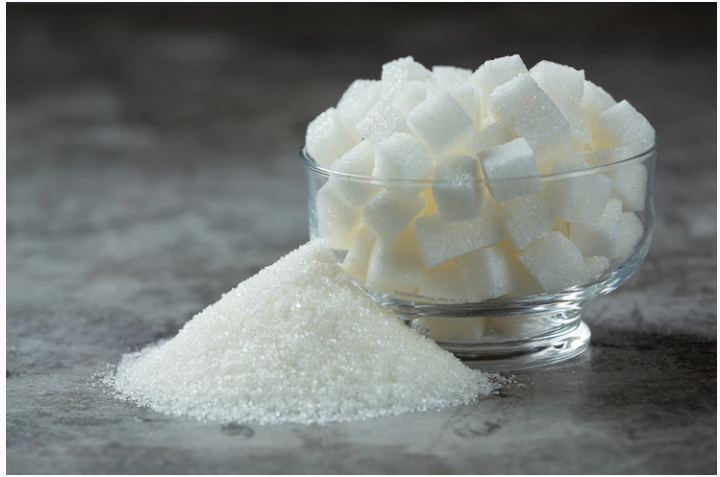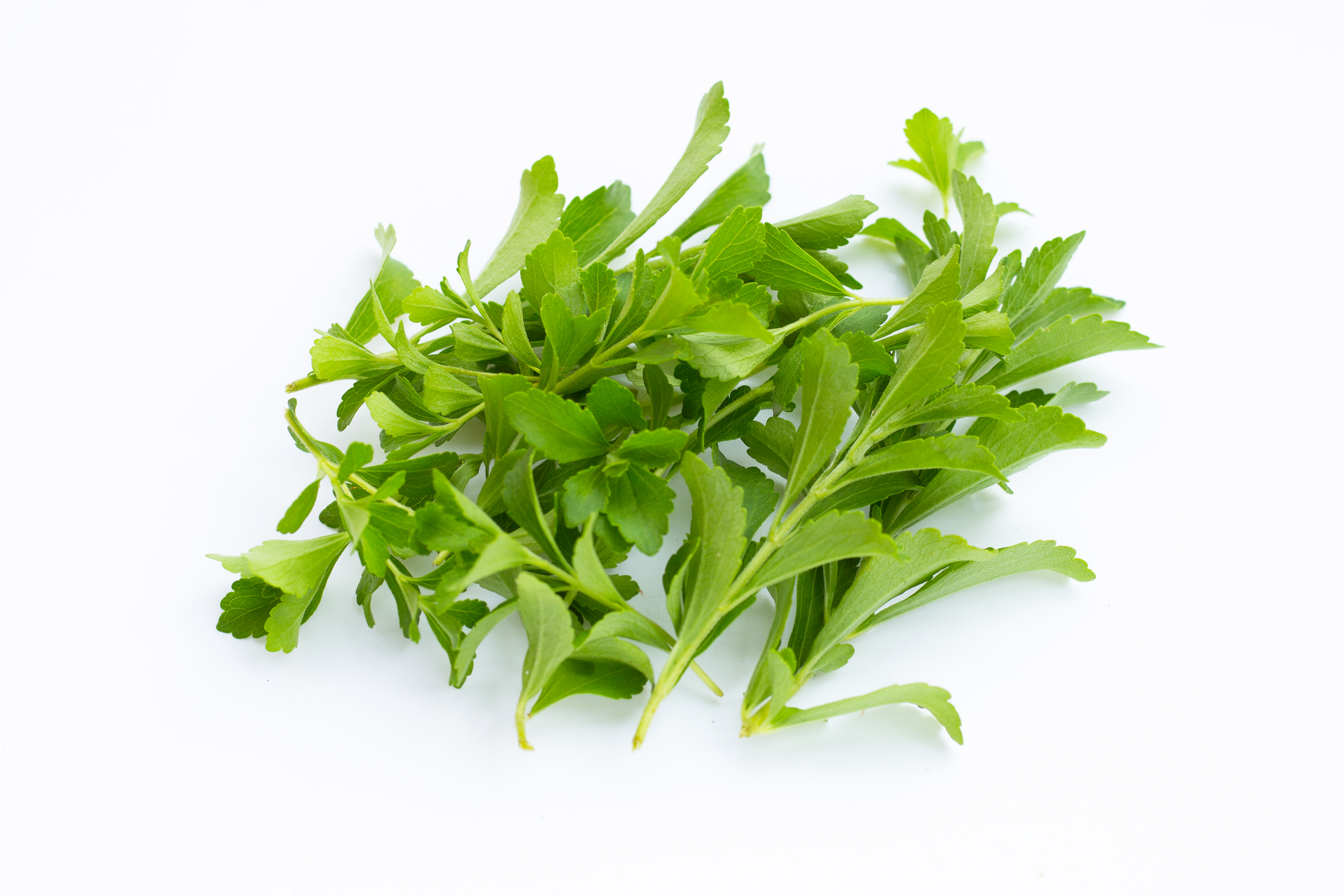Allulose, often called D-allulose or D-psicose, is a rare sugar found in minuscule quantities in figs, raisins, and maple syrup. It resembles the taste and flavor of table sugar but has 10% fewer calories than table sugar. The sweetness of allulose is 70% of that of table sugar. It also resembles some of table sugar’s functions, such as having a similar texture and caramelization capabilities.
Favorable Government Regulations in Select Countries is projected to Open Lucrative Growth Opportunities for the Allulose Market.
Many countries are approving allulose to be used in various food and beverages, such as bakery and confectionery products, ice creams, desserts, and ready-to-drink beverages, to reduce the country’s calorie intake and promote health and wellbeing. Allulose is a low-intensity sweetener that is present in trace amounts in figs and raisins. However, it is commercially extracted from corn and sugar beets, among others. Various companies are making significant investments in developing innovative and cost-effective processes for the production of allulose. The governments of various countries such as the US, India, China, and South Africa have approved the utilization of allulose in food and beverages in specified quantities.
Recently, in April 2019, the Food and Drug Administration (FDA) issued draught guidance for the food and beverage manufacturers in the US with the title “The Declaration of Allulose and Calories from Allulose on Nutrition and Supplement Facts Labels.” The guidance states that allulose, a low-intensity sweetener, can be removed from the total and added sugars counts on “Nutrition” and “Supplement Facts” labels when used as an ingredient in various food and beverage products. Allulose differs from other sugars. It is not metabolized by the human body in the same manner as table sugar. It has less calories, causes only minor rises in blood glucose or insulin levels, and does not contribute to tooth decay. Given the rising pressure on the industry to cut sugar and calories, the FDA’s decision is expected to inspire additional interest in allulose as a sugar alternative. Such favorable regulations are expected to open lucrative opportunities for allulose manufacturers to expand their operations in the US.
Allulose is not allowed in Europe, Canada, and Australia, among others. However, initiatives are being taken for its approval in Europe. Hence, the favorable government regulations in other countries or regions can positively influence the approval for allulose use in countries where it is not allowed. This can ultimately act as an opportunity for market players to expand business across such countries in the future.
Tate & Lyle Plc, Anderson Global Group, LLC, Ingredion Incorporated, Samyang Corporation, Apura Ingredients, Inc, Nutra Food Ingredients, Savanna Ingredients Gmbh, CJ Cheiljedang, Bonumose, Inc., and Matsutani Chemical Industry Co., Ltd. among others, are some of the key players operating in the global allulose market. These players are increasingly adopting strategies such as mergers and acquisitions and research and development to increase their geographical presence and consumer base globally.



